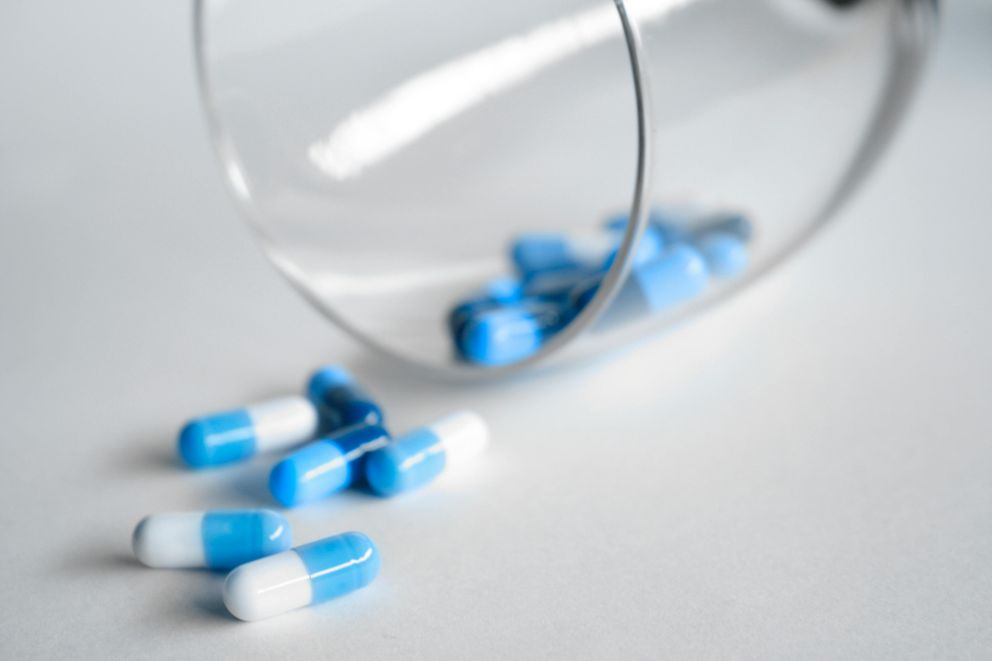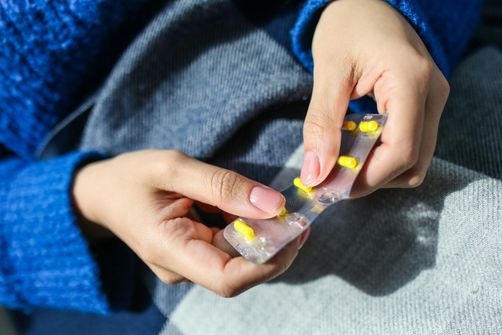
Cultural and Spiritual Fasting Practices Beyond Ramadan and Lent
When we think of fasting, Ramadan and Lent come to mind, but there’s a rich history of fasting practices that have been part of spiritual and cultural...

Addiction recovery is tough, and for many women, finding holistic tools to support the process is crucial. While therapy, medication, and support groups are vital parts of recovery, there’s growing interest in how intermittent fasting (IF) might help. Intermittent fasting could be beneficial in resetting the brain’s dopamine sensitivity, reducing cravings, and promoting both mental and physical recovery. Here’s how it works and why it might be worth exploring as part of your recovery journey.

Dopamine is the brain’s reward signal, giving you that pleasurable feeling when you achieve something, eat something tasty, or—unfortunately—engage in addictive behaviors. Over time, substance abuse dulls your dopamine receptors, meaning you need more and more to feel the same level of pleasure, which creates dependence.
How Fasting Impacts Dopamine: Some studies suggest that intermittent fasting can help reset dopamine sensitivity by giving the brain a break from constant stimulation, including the kind brought on by food. This may help people recovering from addiction by making the brain more responsive to natural, healthy sources of pleasure (like exercise, social interactions, and even food itself).
Cravings are a significant hurdle in recovery, and they’re often driven by emotional triggers or the body’s physical need for the addictive substance. Intermittent fasting may help reduce cravings by altering how the brain processes energy. After about 12 hours of fasting, the body switches from using glucose (sugar) to ketones, a more stable energy source that also supports brain function. This shift can help stabilize mood and reduce the anxiety that often triggers cravings.
Did you know? Fasting has been shown to help reduce anxiety by up to 58% in some cases, which can be a huge benefit for those in recovery. Managing anxiety and emotional instability is key to resisting cravings.
Fasting doesn’t have to be just about food—it can be a mindful practice. Using fasting periods to meditate, journal, or practice yoga can help you reflect on your emotional state, cravings, and triggers. For women in recovery, being able to recognize and process emotions without turning to substances is vital, and combining fasting with mindfulness can create a space for that kind of self-awareness.

Addiction takes a toll on the body, leading to inflammation, oxidative stress, and other metabolic issues. Intermittent fasting helps the body go into autophagy, a process where it clears out damaged cells and regenerates new ones. This not only reduces inflammation but also supports brain health by promoting brain-derived neurotrophic factor (BDNF), a protein that helps regulate mood and cognitive function.
If you’re thinking about trying intermittent fasting, here are a few tips to help you get started:
A: While more research is needed, preliminary studies suggest that intermittent fasting can help by resetting dopamine sensitivity, reducing cravings, and supporting mental clarity. It may also promote emotional regulation and mindfulness, both important in recovery. Fasting alone won’t cure addiction but could be a helpful tool when combined with traditional treatments.
A: Intermittent fasting may help reset dopamine receptor sensitivity. By allowing the brain to take breaks from constant dopamine stimulation (such as food or substance use), it could recalibrate how the brain experiences pleasure. This can help people in recovery respond better to natural rewards without needing addictive substances.
A: For most people, intermittent fasting is safe, but it’s important to consult a healthcare professional, especially during addiction recovery. Factors like mental and physical health, and the severity of addiction, should be considered before beginning any fasting regimen.
A: If you’re new to fasting, it’s best to start with a manageable schedule, such as the 12:12 method (12 hours fasting, 12 hours eating). Over time, you can gradually increase fasting windows. The key is to listen to your body and not push yourself too hard. Always consult with a healthcare provider to determine the best approach for your needs.
A: Yes, intermittent fasting may help reduce cravings by promoting ketone production, which stabilizes mood and energy levels. Additionally, fasting can encourage mindful eating and awareness of emotional triggers, making it easier to manage cravings.
The information in this article is intended for educational purposes only and should not be considered medical advice. Always consult with a healthcare professional before starting any fasting regimen, particularly during addiction recovery. Intermittent fasting is not a substitute for traditional treatments like therapy or medication, and results may vary based on individual health conditions and recovery stages.
While intermittent fasting isn’t a magic fix for addiction, it offers some intriguing benefits that could support women in recovery. By helping reset dopamine sensitivity, reduce cravings, and promote mental clarity, intermittent fasting might just be another tool in the recovery toolbox. Combined with mindfulness and a well-rounded recovery plan, it could help women regain control of their bodies and minds as they heal. Remember, every recovery journey is unique—so find what works best for you and take it one step at a time.

When we think of fasting, Ramadan and Lent come to mind, but there’s a rich history of fasting practices that have been part of spiritual and cultural...

The Intermittent Fasting StruggleI'm just going to start out by saying - I get it. Intermittent fasting is no joke! Whether you're doing it for weight...

If you're anything like me, you've probably been riding the intermittent fasting wave like a total boss babe. But I know what's been keeping you up at...

The culture of mental empowerment and self-care continues to gain ground; an increasing number of women use the ancient, yet always relevant method – ...

The connection between what we eat and how we feel is powerful—certain foods provide the nutrients our brain needs to support mood, energy, and overal...